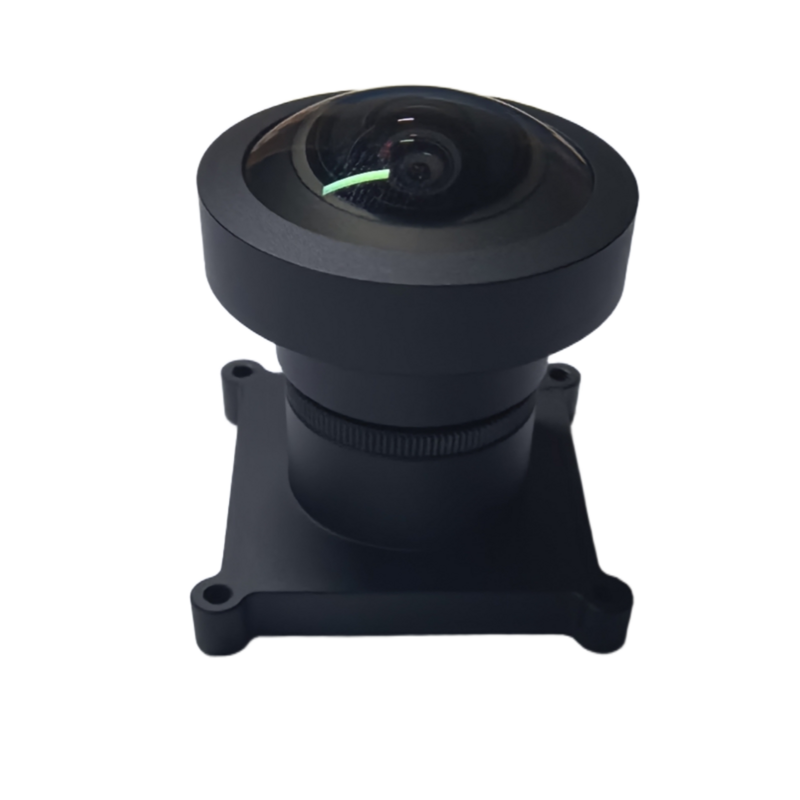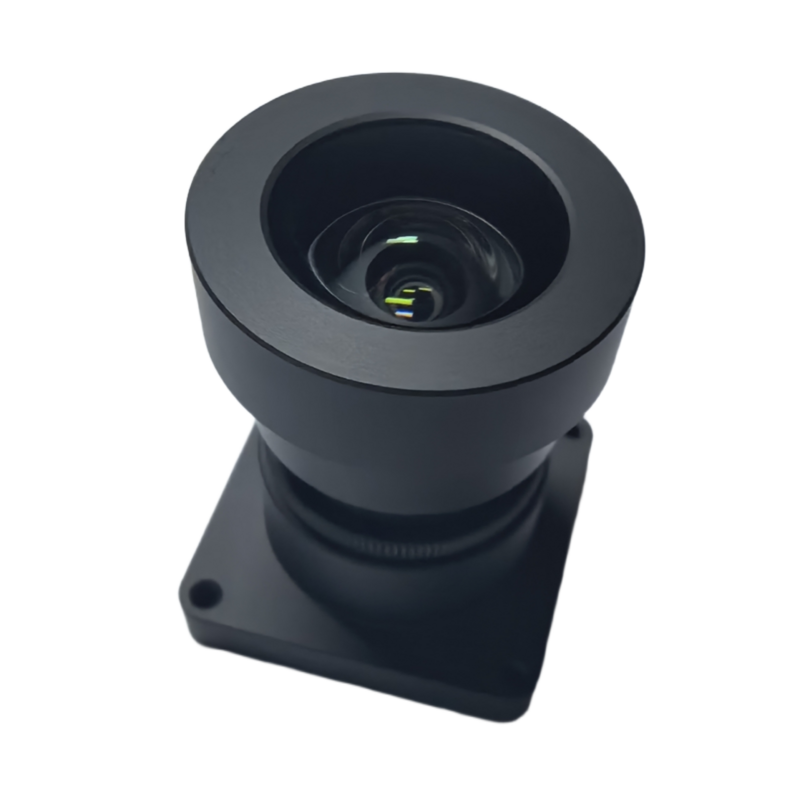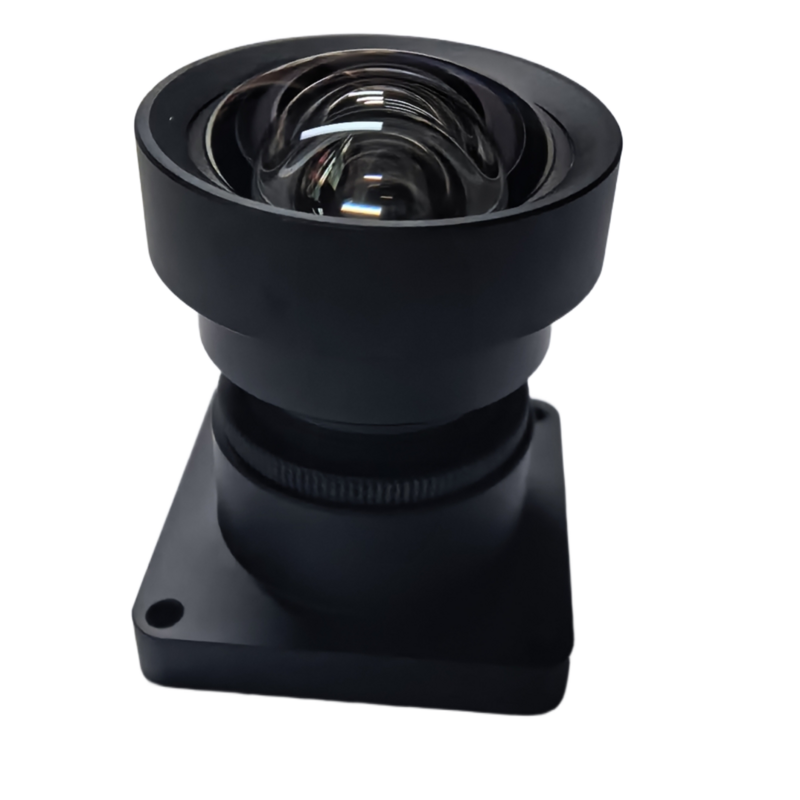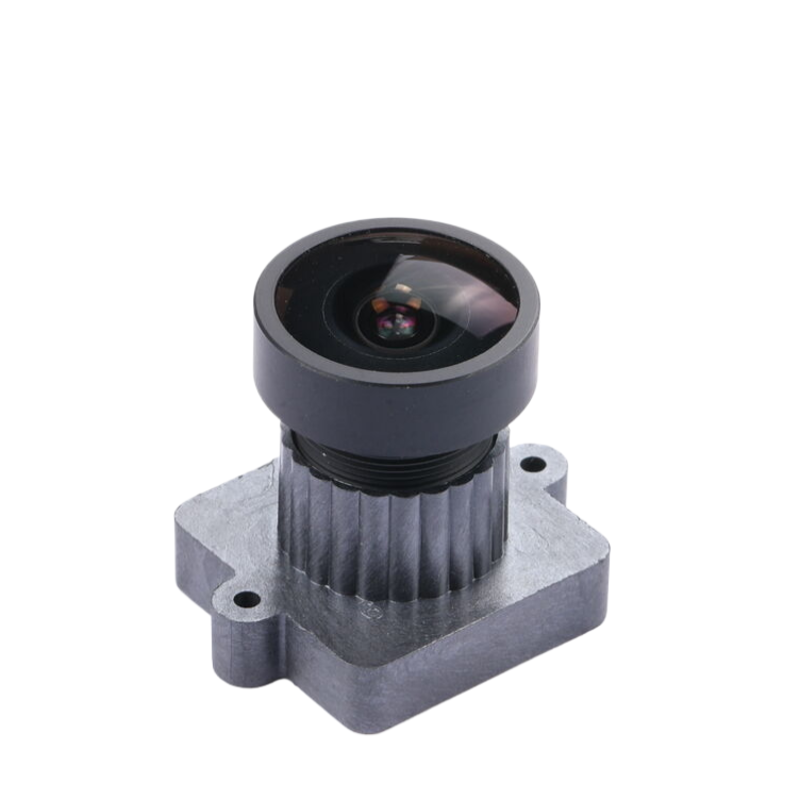Industrial News
Exploring the Vital Role of Medical Lenses and Addressing the Associated Challenges
The field of interventional vascular surgery has witnessed remarkable advancements in recent years, primarily due to the extensive use of medical lenses. These microscopic tools play a crucial role in facilitating accurate diagnoses and successful interventions. This article aims to provide a comprehensive overview of the role of medical lenses in interventional vascular surgery and discuss the challenges faced in their implementation.
The Role of Medical Lenses in Interventional Vascular Surgery
Medical lenses have revolutionized the way interventional vascular surgeries are conducted. They offer magnification and enhanced visualization, allowing surgeons to navigate delicate vascular networks with precision and accuracy. With the aid of medical lenses, doctors can thoroughly examine blood vessels, identify anomalies, and diagnose various pathologies more effectively. Additionally, medical lenses offer an unprecedented level of clarity during endovascular interventions, reducing the chances of errors and complications.
Moreover, medical lenses enable the use of minimally invasive procedures, such as angioplasty and stenting. By providing a magnified view, surgeons can accurately place stents and expand vessels to restore blood flow, benefiting patients with reduced postoperative pain, shorter hospital stays, and faster recovery. Medical lenses have also proven invaluable in complex cases involving atherosclerosis, aneurysms, and peripheral artery diseases.
Challenges in the Use of Medical Lenses in Interventional Vascular Surgery
Despite the numerous advantages offered by medical lenses, there are certain challenges associated with their implementation in interventional vascular surgery. Firstly, the high cost of acquiring and maintaining quality medical lenses poses a financial burden on healthcare systems, limiting their accessibility in certain regions. Additionally, the delicate nature of medical lenses makes them prone to damage, necessitating careful handling and regular maintenance.
Furthermore, the learning curve associated with effectively utilizing medical lenses is steep. Surgeons must undergo extensive training to familiarize themselves with the intricacies of the lenses and develop the necessary skills to operate them proficiently. This training requires significant time and resources, potentially affecting the efficiency of surgical departments during the initial implementation phases.
Conclusion
The role of medical lenses in interventional vascular surgery is indispensable. These tools contribute significantly to accurate diagnoses, successful interventions, and improved patient outcomes. Despite the challenges they present, the benefits of medical lenses outweigh the obstacles. With continued advancements in technology and increased accessibility, medical lenses will continue to play a pivotal role in shaping the future of interventional vascular surgery.
 English
English  German
German Japanese
Japanese Korean
Korean Vietnamese
Vietnamese French
French Spanish
Spanish भारत
भारत



